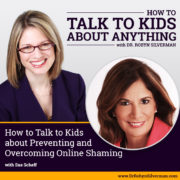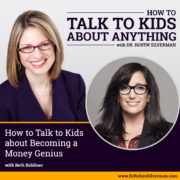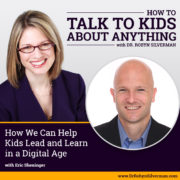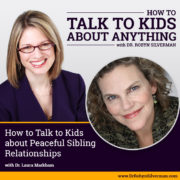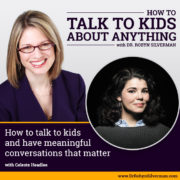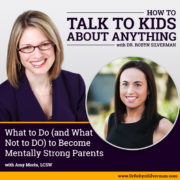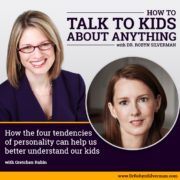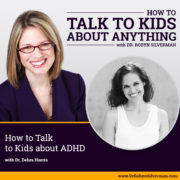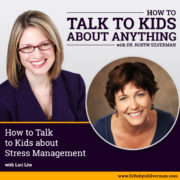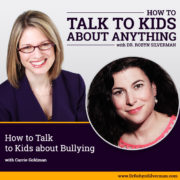How to Talk to Kids about Preventing and Overcoming Online Shaming with Sue Scheff
Special Guest: Sue Scheff
In today’s digitally driven world, disaster is only a click away. This is the written on the front flap of my next guest’s new book, Shame Nation. On this podcast, we’ve talked about the good and bad of the digital world- it can be a place of immense resource and positive education- we had a great discussion about learning and leading in a digital world with Eric Sheninger- and it can also be a home of aggression, misuse and the ugliness of humanity- from talking about bullying with Carrie Goldman and dignity and social aggression with Rosalind Wiseman. We have a few coming up like Katie Hurley talking about No More Mean Girls and a few others so, as parents, we know about the need for parental controls and the need for safety discussions regarding predators and who is friending you on social media. But my next guest brings to light a whole other segment of discussion that happens every day on the internet and can be like a runaway train if you don’t catch it before it gets out of control- online shaming.

